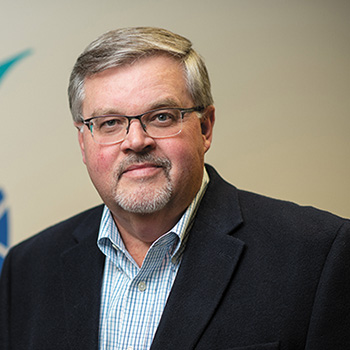A longtime luxury resort executive, Mark Spadoni, has been hired as managing director for The Omni Homestead Resort, the hotel announced Monday.
For the past 20 years, Spadoni has served as the general manager for the AAA Four-Diamond, 403-room Westin Savannah Harbor Golf Resort & Spa and Club at Savannah Harbor in Georgia.
During Spadoni’s time in Savannah, he established the nonprofit Savannah Harbor Foundation, which sponsors family-friendly events and support children’s charities. He also co-founded the Savannah VOICE Festival, a nonprofit that supports opera and classical music performances and education. He has served on the board of directors for the Savannah Convention Center, Savannah Tourism Council, Visit Savannah and the Savannah Chamber of Commerce.
In March 2020, Spadoni received the Savannah Tourism Council’s Lifetime Achievement Award.
“I am incredibly honored to be joining the Omni family and to take the helm of such an iconic resort. The Homestead’s reputation as one of the grand dames of American resorts is well known in the industry, and I’m looking forward to continuing and building on that legacy,” Spadoni said in a statement. “As an avid golfer, I’m very excited to reacclimate myself with The Cascades and Old Course.”
Before his time in Savannah, Spadoni was a general manager for Westin properties in Hilton Head, South Carolina; Stamford, Connecticut; New York; New Orleans; and Fort Lauderdale, Florida.
“We are thrilled to welcome Mark into our Omni family,” said Peter Strebel, president at Omni Hotels & Resorts. “Mark is a highly regarded hospitality executive known for creating innovative guest experiences and building strong partnerships within the community. His experience leading his teams through economic downturns and extensive renovations will be invaluable as The Omni Homestead Resort emerges into a post-COVID world.”



